Whichever industry you’re in, a good SEO strategy is critical to ensure that your business remains relevant and competitive in today’s business environment. And to effectively execute that strategy, you're going to need the right tools at your disposal.
There are several ways to help improve a site's SEO. And today, we're going to be looking at a few of the key SEO tools that form an essential part of any good SEO manager's toolkit. If your SEO efforts have hit a plateau, it may be time to expand your arsenal with these.
1. Rank Tracking Tools
Knowing where you stand in relation to the competition is always critical. Site rankings are heavily affected by algorithm changes, which are themselves always becoming increasingly sophisticated.
So you need a rank tracking tool that does more than just tell you how you're doing in search rankings. It also needs to tell you where you may be going wrong, and what you need to improve.
There are some tools that offer basic functionalities for free but usually lack more advanced functions. Newer premium tools can help you monitor your site ranking in much greater depth and with more flexibility. You can use tools like SEMrush, Moz Rank Tracker, GeoRanker, or Pro Rank Tracker to track your search rankings.
Pro Rank Tracker, for example, allows you to track your site's rankings right down to individual cities. Which is great for local businesses that don't need to worry about global rankings as long as they rank well in their own town. YouTubers can also use their rank tracking to monitor their channel's performance beyond YouTube's own analytics suite.
Image via Pro Rank Tracker
2. Keyword Analysis Tools
Finding the best keywords for your website is practically an art form at this point. Keywords that drive significant search traffic while still remaining low in terms of competition are a rare find indeed. Keyword analysis tools can help take the guesswork out of selecting the right keywords for you to focus on.
While most SEO managers are happy to stick with the classic Google Keyword Planner, it is worth considering at least one additional tool. KWFinder, Ahrefs Keywords Explorer, Keyword Tool, or Ubersuggest are incredibly easy to use alternatives to the Google Keyword Planner.
3. Site Crawlers
If you've run a website for a while, you already know why a good site crawler service is important. Crawler tools enable webmasters to conduct an internal audit of their website and keep things running smoothly. It helps you locate broken links, page loading errors, unreachable pages, duplicate information, and a wide array of other technical issues.
There are several good site crawlers to choose from which offer comparable features. Moz Pro offers one as part of their SEO solutions package. Some other good alternatives are OnCrawl, Screaming Frog, Dead Link Checker, and JetOctopus.
One of the more recent additions to the roster, JetOctopus offers everything you could want in a good site crawler. Their unique feature is their use of a cloud service instead of a desktop application to perform the website crawl. This results in greatly improved crawl times, particularly for larger websites with millions of pages.
4. Link Builder Tools
Maintaining a large number of high-quality inbound links will make your site's newest content easily discoverable for search engine crawlers. However, link-building is undoubtedly one of the more time-consuming SEO activities. A good link builder can save you a lot of time and work.
Link building tools like the one from BuzzStream can help you identify the best sites to approach for building links. It can also keep track of multiple concurrent campaigns at various stages - so you always have a clear idea of where you need to follow-up right on your main dashboard. Some other link builders you can consider are Majestic, ontolo, or SoloSEO Links Manager.
5. Content Optimization Tools
Creating high-quality content that delivers real value is still the ultimate key to long-term growth. Careful keyword selection helps, but it can only take you so far.
Content optimization platforms can help you find topics that are trending across various industries to help guide your content development efforts. These tools are indispensable - especially for bloggers and influencers who may find it difficult to continuously develop fresh, relevant content.
Platforms like BuzzSumo provide assistance in both content discovery and content curation. They also provide in-depth content insights to not only help you know what is trending but also to understand why. Some other great content optimization tools are EpicBeat, Social Animal, and ContentStudio.
While we're on the topic of content, you should also consider making sure your site's content is up-to-date. Google had an “Outdated Content Finder,” but it looks like it's no longer available. The good news is that Visio Spark has developed a similar tool that's available free of charge.
Bonus: Link Removal Tools
Since the Google Penguin 4.0 algorithm update, disavowing your links isn't as critical to maintaining your SEO score. But that doesn't mean you can or should ignore low-quality backlinks completely. Links that appear in low-quality content or out of context can still have an impact on your site's score.
Luckily Google has a free tool to help you disavow and remove low-quality or undesirable links to your website. This free service should be good enough for dealing with most link removal issues. However, if you need something more powerful, you could also consider using the premium link detection and removal tool from CognitiveSEO.
Final Thoughts
Keeping your site or business competitive in search rankings is no easy task. With constant algorithm updates to adapt to and no lack of competition, SEO managers always have their work cut out for them. But with a good plan in place and the right tools, your SEO efforts will pay far greater dividends.
Can you think of any other essential SEO tools? Let us know in the comments below.
Related Posts
Shane Barker is a digital marketing consultant who specializes in influencer marketing, content marketing, and SEO. He is also the founder of Content Solutions. He has consulted with Fortune 500 companies, influencers with digital products, and a number of A-List celebrities.
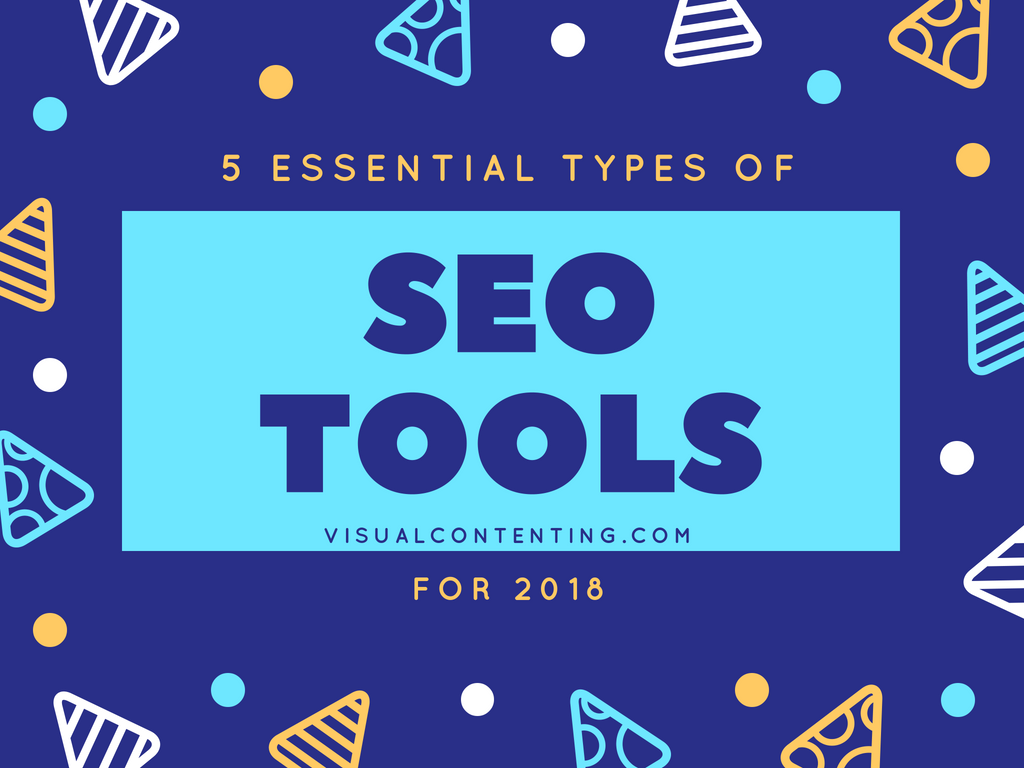
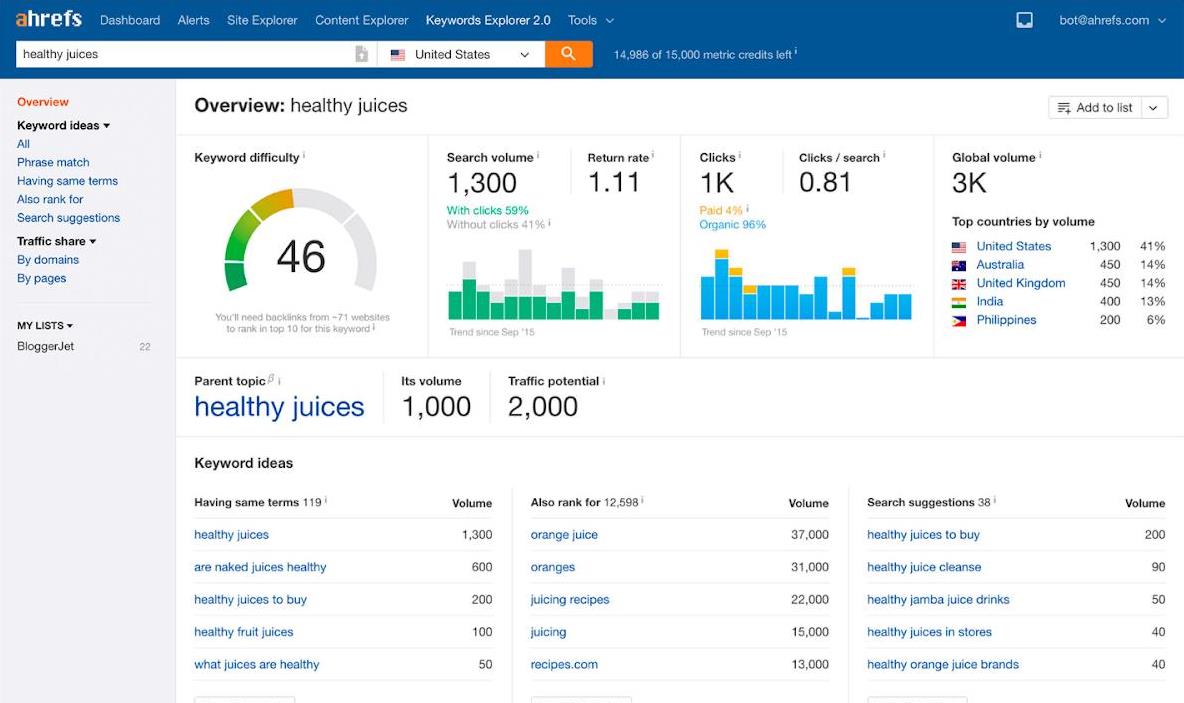
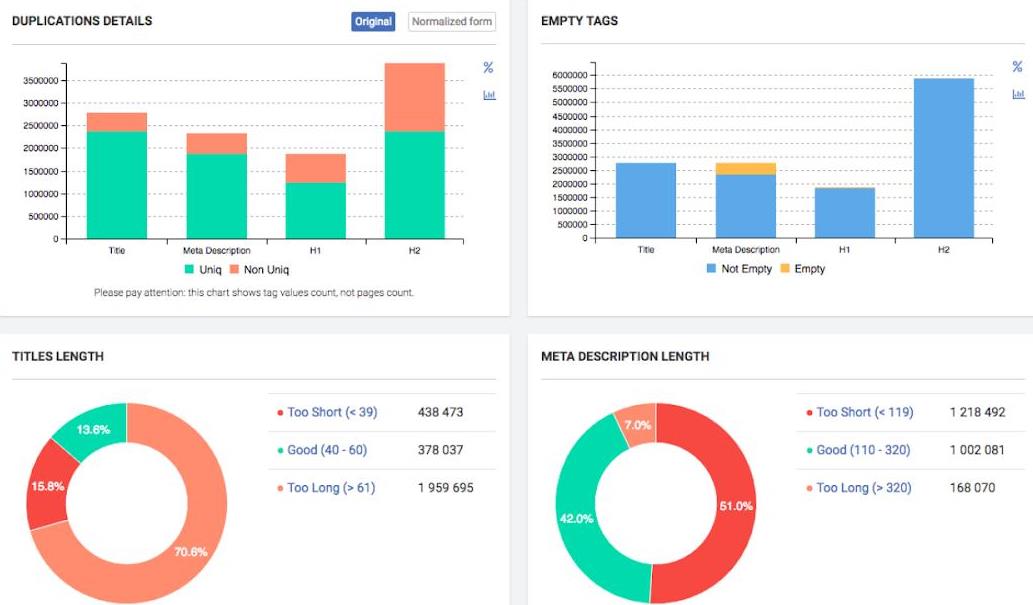
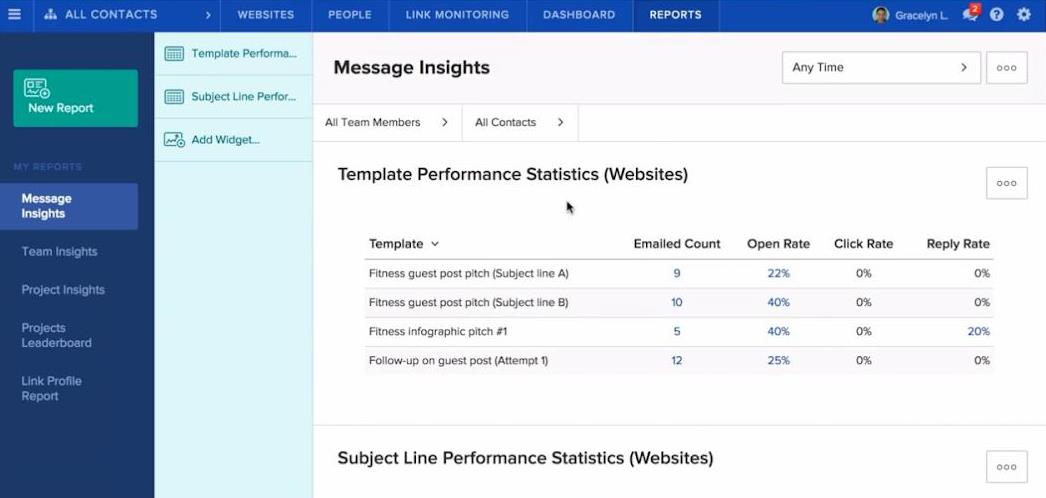
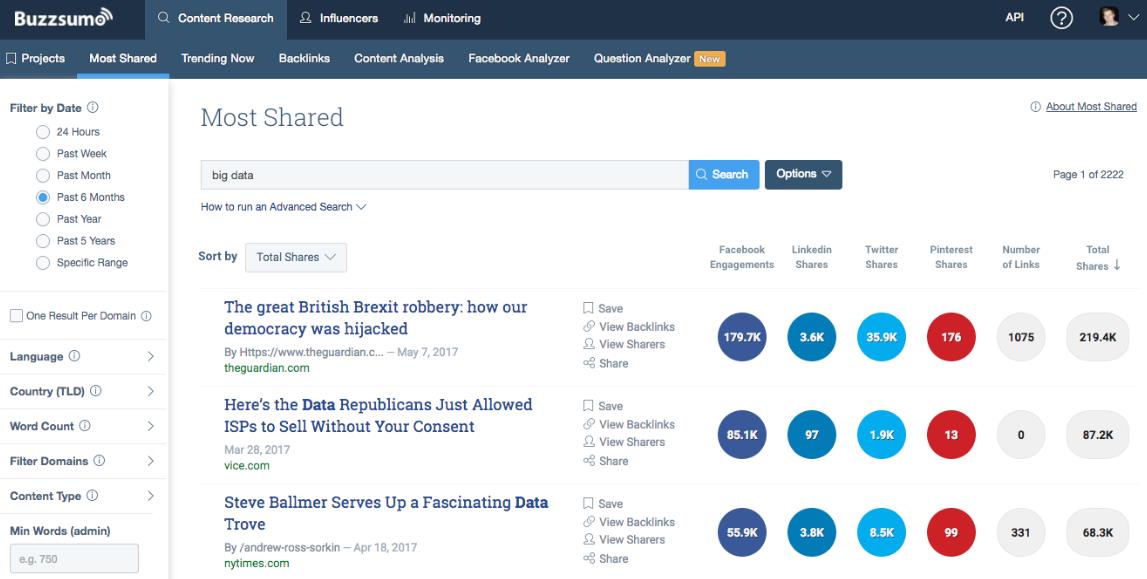


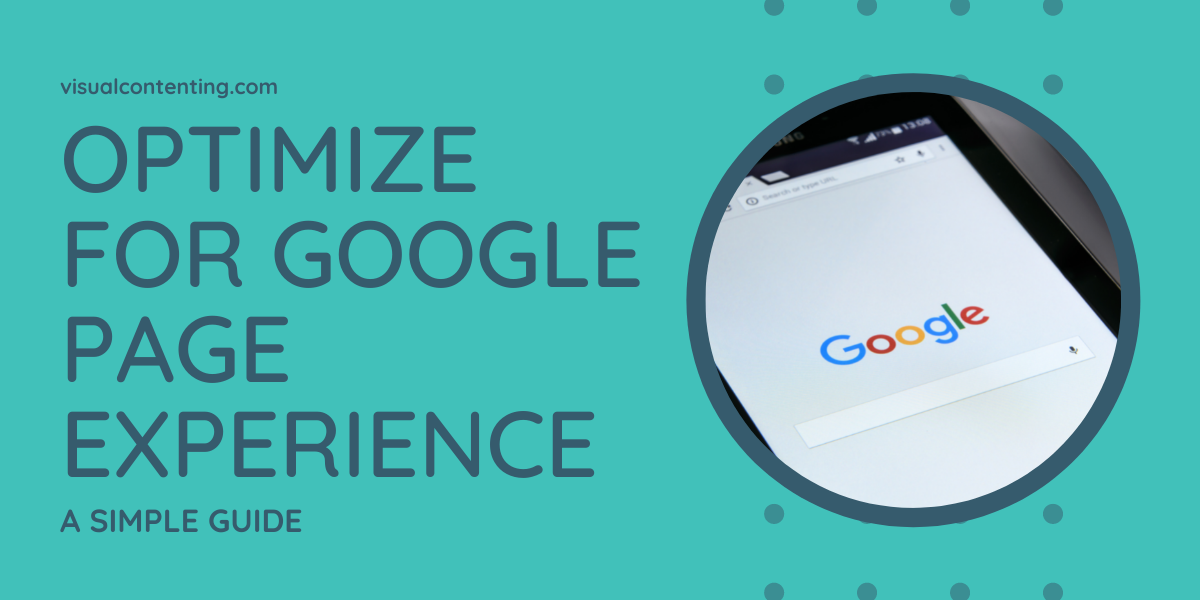


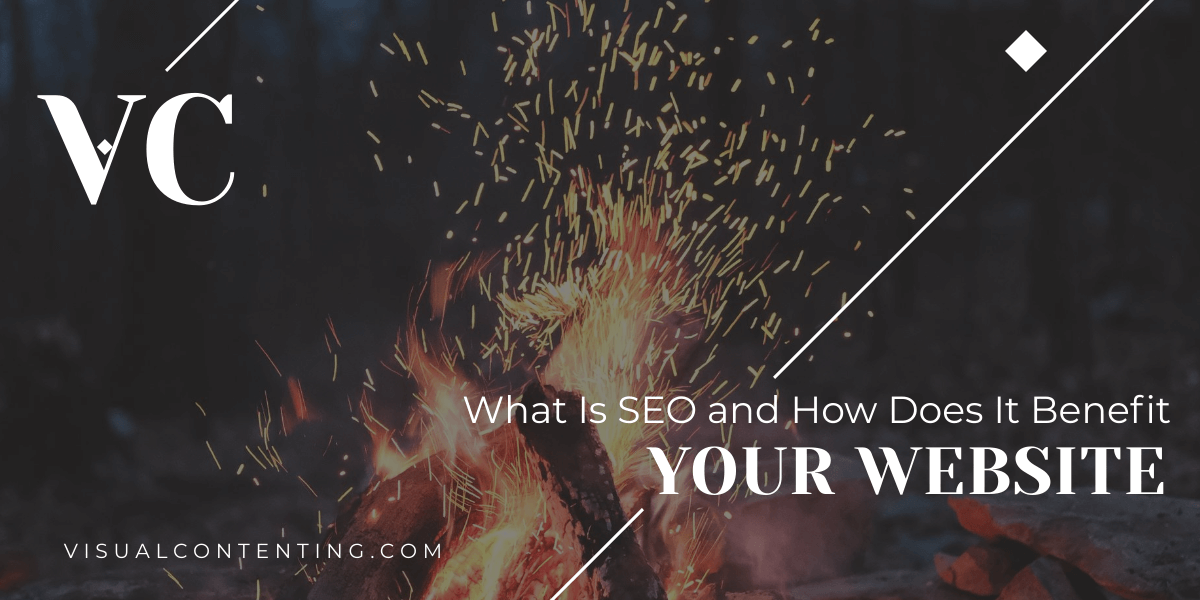
[…] 5 Essential Types of SEO Tools for 2018 […]